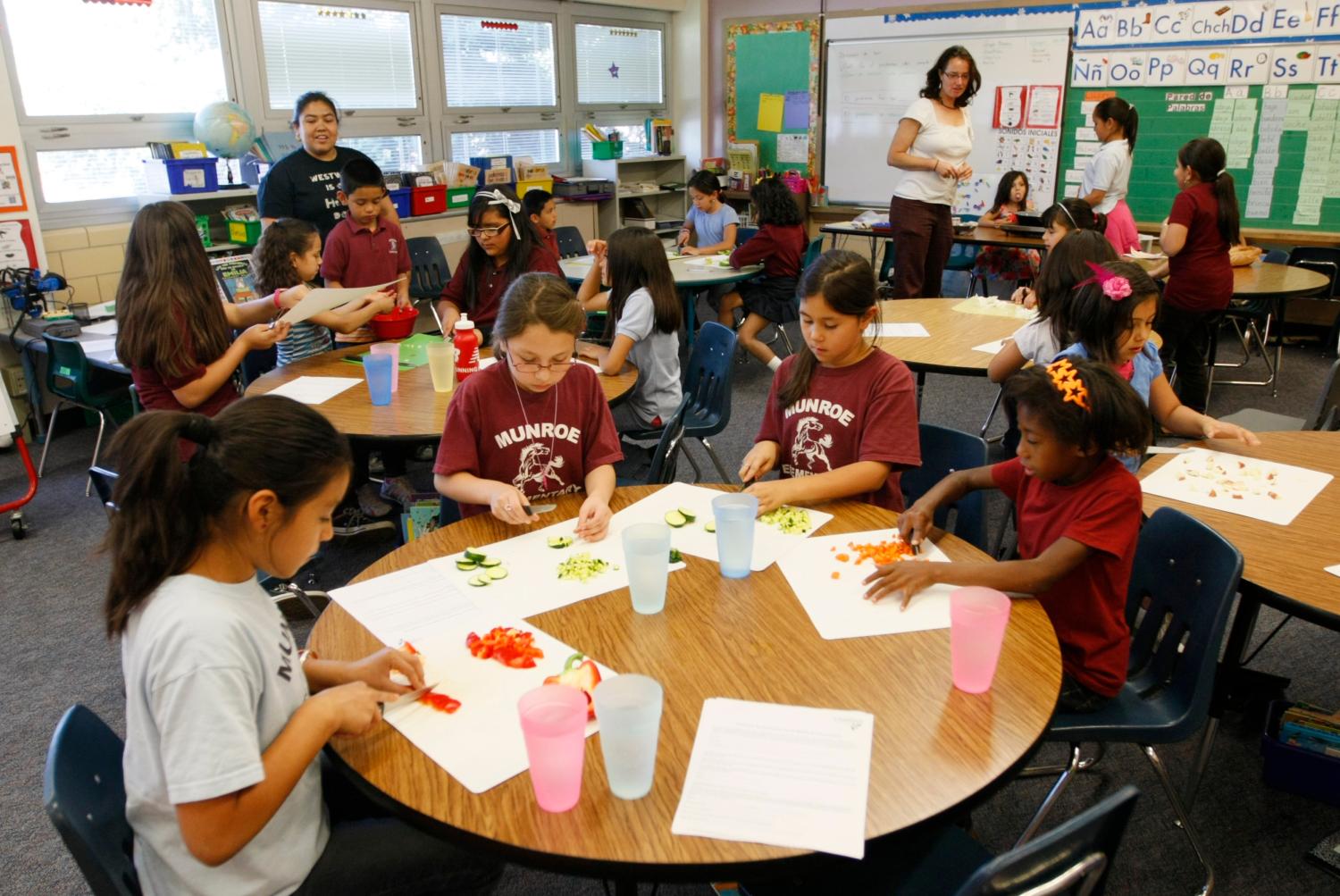Executive Summary
This study uses data from the Early Childhood Longitudinal Study, Kindergarten Class of 1998-1999 (ECLS-K) to analyze competencies that children need to master by the end of elementary school, the extent to which they are doing so, what might be done to improve their performance, and how this might affect their ultimate ability to earn a living and their chances of being middle class by middle age. Both academic skills and socio-emotional skills contribute to core competency. We measure core competence at age eleven using five outcomes: math skills, reading skills, self-regulation, behavior problems, and physical health.
- 62% of children have core competence by the spring of fifth grade, while 38% do not meet the benchmark on one or more of the five measures.
- Though there are substantial gaps in achievement by gender, race, and socioeconomic status, differences by subgroup decrease in magnitude when we control for demographics and school readiness at age 5.
- Achievement gaps by race and socioeconomic status widen over the course of elementary school; the gap between black and white children nearly doubles between kindergarten and fifth grade.
The paper concludes with a discussion of how middle childhood interventions such as a social emotional learning program or a whole school reform program like Success For All might improve short- and long-term outcomes for low-income children. Preliminary results from the Social Genome Model indicate that such programs might raise annual family income at age forty by four percent—approximately $2,400 for a family of four.
The Brookings Institution is committed to quality, independence, and impact.
We are supported by a diverse array of funders. In line with our values and policies, each Brookings publication represents the sole views of its author(s).




